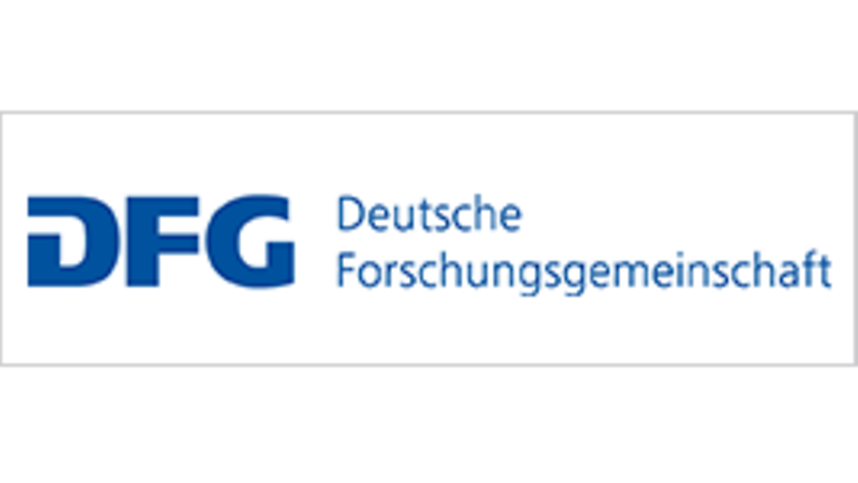The Economics of Christian Nursing
How the Cost of Nursing Care was Recalculated during West Germany’s Secularisation Process
DOI:
https://doi.org/10.25974/enhe2024-2enKeywords:
economy, nursing history, deaconess, secularisation, GermanyAbstract
From the beginning, Christian sisterhoods have also been commercial enterprises that have had to constantly adapt to social changes in order to ensure their financial survival. In West Germany, the social upheavals from the second half of the 1950s onwards presented the communities with particular challenges. In view of the shortage of new recruits, the increasing importance of union-negotiated reductions in working hours and salary increases, the deployment of labour had to be reorganised and labour costs recalculated. A new time economy was introduced into nursing practice under the imperative of efficiency, as the logic of market economics reached the core area of nursing care. The withdrawal of the motherhouse-bound nurses also heralded the rise of professional administration, which in turn encouraged the application of business and administrative principles to nursing practice.
Downloads
Published
Issue
Section
License
Copyright (c) 2025 European Journal for Nursing History and Ethics

This work is licensed under a Creative Commons Attribution-NoDerivatives 4.0 International License.






